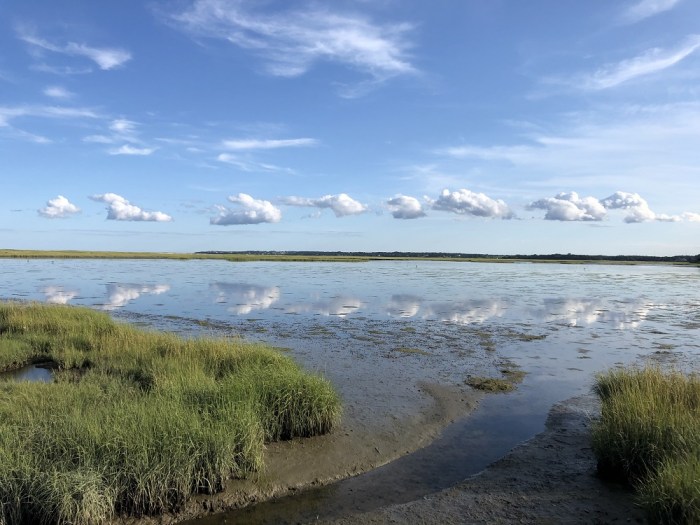HOPE collaborates with our Strengthening Families and Early Relational Health work, all sharing a goal of lifting up strengths of families and individuals, breaking down bias, and shifting how providers interact with the children and families they serve.
“Systems that revolve around screening and referral perpetuate hierarchies of power. Although the individuals conducting the screening are highly trained and well-intentioned, risk-based protocols focus on a top-down view of families. Rather than developing true partnerships and lasting relationships between providers and those we care for, we create divisions. Identifying vulnerabilities in this way may contribute to perceptions of judgmental providers, inhibiting the formation of supportive relationships.
It doesn’t help, of course, that many of the risks we identify are themselves clear results of systemic racism and oppression. Uprooting the sources of those risks requires solutions that go beyond the actions of individual families. For example, having a family member incarcerated is an adverse childhood experience (ACE). The American system of mass incarceration, which targets Black communities and especially Black men, systematically removes parents from their families and youths from schools. Our generations-long practice of redlining has resulted in huge wealth gaps and unequal access to healthy living conditions and community resources, amplifying chronic health disparities, as well as increasing family stress associated with economic hardship. Looked at through this lens, screening for childhood adversity, without considering social and historical context, transforms long-term, systemic racism into individual pathologies. This process shifts attention away from systemic solutions and fails to recognize – much less honor and celebrate – those factors associated with individual and community resilience.
Despite these unintended effects of current practice standards, many providers have developed deep, supportive, and effective relationships with patients and clients. In our work around the country with HOPE, we have been overwhelmed by the knowledge, skill, and passionate commitment that so many providers bring to their work with children and families, as well as the ways they have adapted their own practices to meet the individual and cultural needs of their communities. HOPE asks, why do these providers need to swim upstream?”
